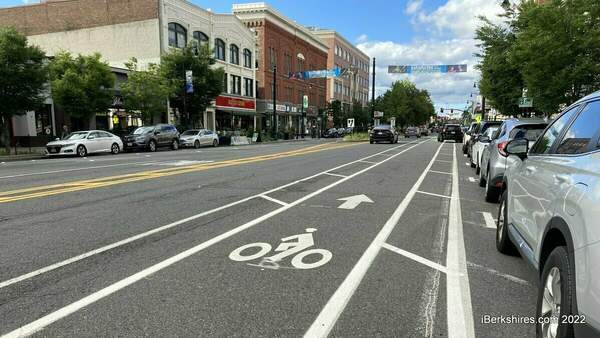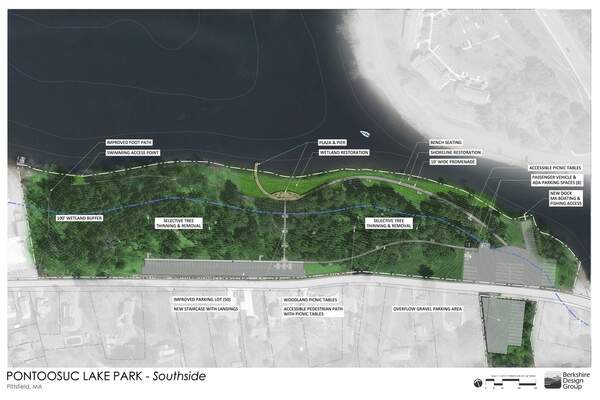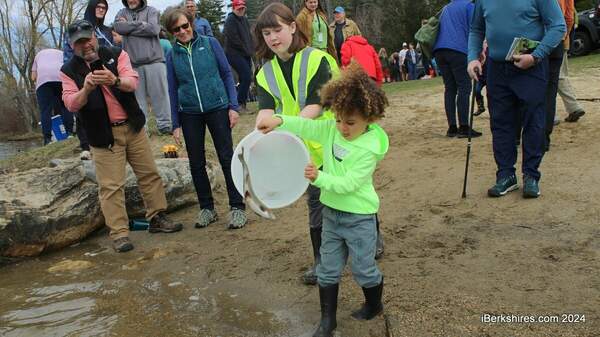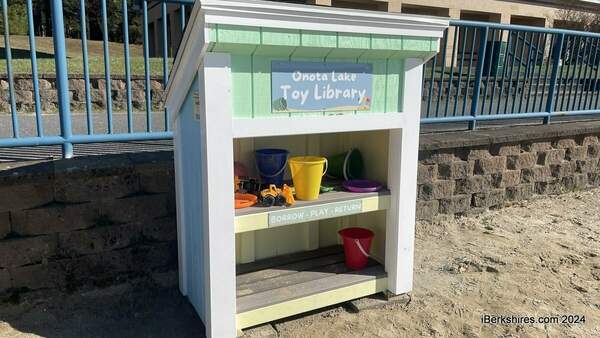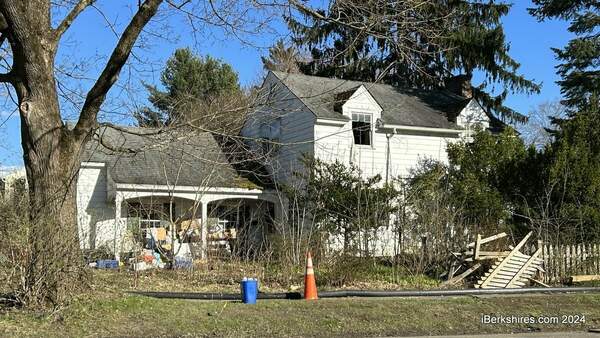Guest Column: An Earth Day Appreciation of Our Partners
 |
| Martin Suuberg |
Today marks the 45th anniversary of the first Earth Day celebration – a day that many consider the birth of the modern environmental movement. More than 20 million people participated in that 1970 celebration and those efforts eventually lead to the formation of the U.S. Environmental Protection Agency and the passage of the Clean Air, Clean Water and Endangered Species Acts a few years later.
In 1975, the General Court created the Massachusetts Department of Environmental Quality Engineering – the precursor of today's Department of Environmental Protection (MassDEP) – and built upon a healthy state, community and citizen partnership that still protects our natural resources and the public health.
Over the last 40 years, the state-municipal-citizen partnership has been a key component of our statewide efforts to ensure clean air and water for our citizens, safe management and recycling of solid and hazardous wastes, timely cleanup of hazardous waste sites and spills and the preservation of wetlands and coastal resources.
Massachusetts and MassDEP are leaders in many environmental protection efforts, but we would not be able to claim that mantel without the help and cooperation of our partners. And I would especially like to highlight the important work of local officials, frequently volunteers, at the local conservation commission, board of health, drinking water board or sewer commission levels.
Local governments really are on the front lines when it comes to environmental protection and the safety of the public health. Local residents may not even think of their municipal officials or the kind of work that they do as important for the environment, but it is quietly happening every day.
For instance, municipalities are often responsible for the public water supply, providing clean and safe drinking water to citizens and operating drinking water treatment facilities. This involves compliance with state and federal safe drinking water standards. There are currently 1,725 public water systems statewide, with 313 water systems providing water to residences and businesses in cities and towns, and another 159 systems that supply well water to individual schools, town buildings and businesses.
Communities often operate sewer systems and waste-water treatment facilities, making sure that waste-water discharges operate in compliance with our laws.
Conservation commissions are responsible for implementing the Wetlands Protection Act. Commissioners make decisions based on consistency with the Act and our wetlands protection regulations, ensuring that development does not come at the expense of our precious natural resources.
Local officials also partner with MassDEP and the commonwealth to provide comprehensive recycling programs, cleanup and redevelop brownfields and contaminated land, oversee septic systems, handle nuisance issues, such as noise, odor and dust, dredge municipal harbors and navigational channels, build and repair sewer and drinking water facilities through low-interest loan programs, help reduce energy use in public facilities, and provide expertise in addressing emergency situations during toxic spills or environmental disasters.
The partnership list is long and extensive and these programs and others like them are critical to maintaining a clean environment and the high quality of life expected by every resident in the commonwealth. I want to thank local officials for their important work in making our shared mission a reality.
I look forward to building on our many years of collaboration, strengthening those community partnerships and promoting increased understanding about how we can work together to ensure continued protection of the environment and the public health.
Martin Suuberg is the commissioner of the Massachusetts Department of Environmental Protection, which recently announced the creation of a new Office of Municipal Partnerships and Governmental Affairs.
Tags: guest column, MassDEP,

